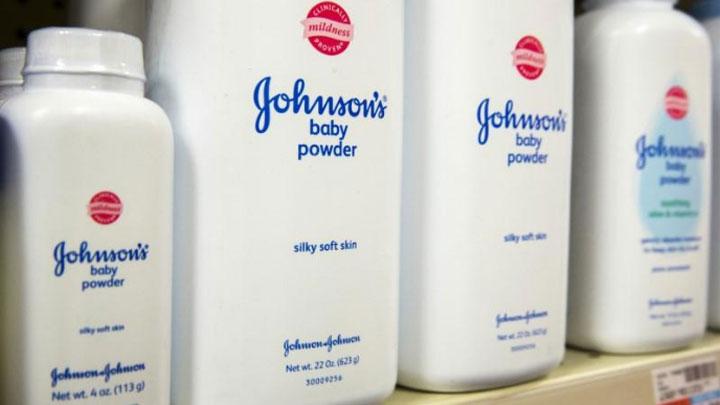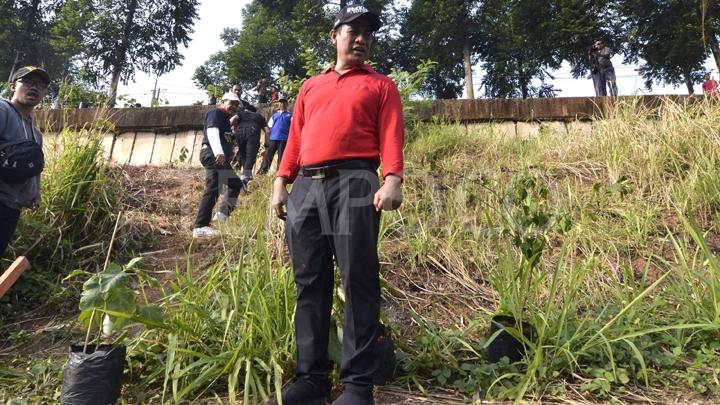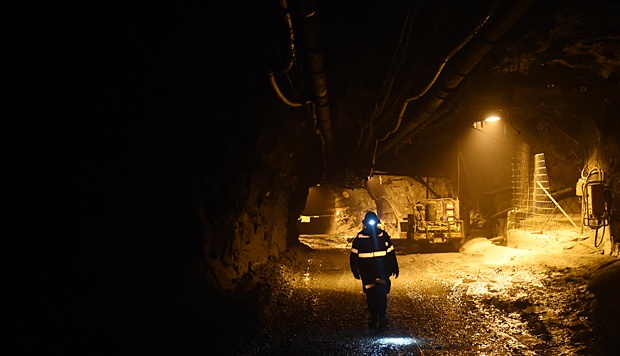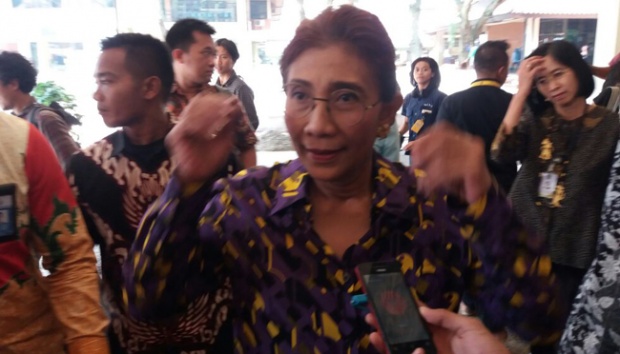
The recent reversal on the government's horticulture and meat import policy reflects the limitation of using import restrictions for protecting and developing local business capacity at the expense of price stability.
As recent reports on the meat import scandal have shown, consumers are saddled with sky-high meat prices while local farmers, the intended beneficiary, are more often left with just a small share of the higher price gain. Most of it is shared across a myriad of middlemen traders and distributors along the arduous and long supply chain stretching from the ultimate consumer to the farmer at the starting end.
The country's vast geography and the poor state of its infrastructure is a major reason for this tedious and costly distribution system. Making things worse is the high beef prices, which have recently provided farmers with the incentive to sell their female livestock in alarming proportions due to the shortage of available meat. The policy encouraged short-term gain behavior that in the long run could greatly set back the development of our livestock population.
The import restriction on meat and horticulture was meant to protect local producers by keeping meat prices attractive for producers to raise production. Instead it helped those in the distribution segment more than the farmers. The largest beneficiary though was the appointed local importer that was provided a quota for importing beef. The company is now under investigation of giving bribes to obtain these lucrative quotas.
The current import scheme based on quotasas opposed to tariffsis not only prone to abuse but is also difficult to determine the actual amount of import quotas needed to cover domestic needs. The Ministry underestimated the import quota requirements, as it was overly bullish on domestic production. Shortages occurred, ultimately moving up domestic beef prices.
The use of appointed importers and import quotas is nothing new and goes back to previous governments. During the Suharto period, there were numerous import restriction schemes, ranging from cloves, cold roll steel, plastic to oil imports. The purpose in those days was to generate scarce capital for local businesses to thrive. Now, with democracy, the purpose is for them to fund political party campaigns. This is why there is concern over critical economic positions in government held by the current coalition government, comprising of the Democratic Party, Justice and Prosperity Party (PKS) and National Mandate Party (PAN), as we get closer to next year's parliamentary and presidential elections.
So how do we make economic policy more immune to political party fund-raising activities, which can distort prices and disrupt the economy? A start would be to address the two government objectives of price stability and developing local business capacity separately. The government is already moving in this direction. The Trade Ministry is getting more active in addressing price stability, and the relevant technical ministriesin the case of food, the Agriculture Ministrywill develop their respective sectors' productive capacity.
These two government objectives require a different style of management.
The first goal of price stability is more of a balancing act. It treads a fine line between local producers, who needs a price that provides enough incentive to invest and produce, and at the other end, consumers, who want access to goods at an affordable price.
Getting the right price is never easy. Producers, with their financial and lobbying power, have a strong influence on economic policy and government decisions. On the other hand, the mass consumer is not to be taken lightly, especially when they go down to the streets to demonstrate whenever the government decides to raise gasoline prices.
Whatever the price agreed upon, it must not be too far off from global prices. Too high a discrepancy would invite disruptive behavior, like smuggling, hoarding and speculation, which raises business uncertainty.
Just recently the Trade Ministry appointed Bulog, the National Logistics Board, to take over the importation of meat and some horticulture products, such as soybeans. It remains to be seen how successful Bulog will be in stabilizing prices, by buying local produce when prices are low and supply plentiful (normally during harvest time) and flooding the market when prices move upward through imports or releasing its buffer stocks.
The ultimate test will be the fasting month starting in early July, when food prices tend to rise as demand increases close to the festive Hari Raya. Bulog is slowly expanding its range of food staples it manages, which in the past years was limited only to rice. It would be interesting to see what strategic food mix it would ultimately end up managing and whether it would go beyond the nine basic food staples (known by it's acronym sembako) of rice, sugar, kerosene, cooking oil, salt, fruits and vegetables, meat, eggs and milk.
The second goal of developing national capacity requires an effective way of managing change. Developing the productive capacity of any business sector requires a longer time horizon where scale is important. It needs the building of supporting infrastructure in the form of roads, bridges, rails, ports, storage facilities and financing, among others, to help shorten the country's long agriculture supply chain.
For the farmers, it means acquiring additional factors, such as sufficient arable farmland, supply of high-yield and pest-resistant hybrid seeds, training of efficient farming methods, selective use of fertilizers and pesticides, access to irrigation networks, agriculture financing, dissemination of market price information and easy access to markets. Not enough has been done in this area since reforms began almost 15 years ago. Infrastructure spending, which during Suharto's era was 7 percent of GDP, is now only 3-4 percent.
And should import protection be needed in the formative phases, a flexible tariff system is preferred as it is less discriminatory and less prone to abuse. There is also the need to phase out industry protection overtime, as it does not provide incentives for innovation and increase productivity. Industry easily gets addicted to protection, which is not only unhealthy for development but costly to maintain.
There has been a longstanding argument that we need to select areas of the supply chain where we are competitive, build our local capacity there, expose them to global competition and then work up or down the supply chain to increase value-add along the way.
Local meat producers note that in the early cattle phase of breeding and grazing, Indonesia doesn't have open grazing pastures like in Australia, the US and Argentina. This is a phase that requires scale and is technology and capital intensive. But the next fattening and distribution phase is labor intensive and doesn't require vast plots of land, which suits our local condition. They argue that once we develop this phase, we should start infrastructure investing in the earlier breeding and grazing phase in similar pasture grazing land within the country, like in the East Nusa Tenggara islands. The Economic National Committee that advises the President goes a step further and calls for investing in selected cattle breeding and grazing companies overseas in this critical phase to ensure we meet our food security needs.
Developing local production capacity is important. Top European football teams, like Barcelona and Bayern Munchen, which can freely import its players, realize that to maintain on top of their respective leagues, they need to build home grown talent from a young age through an arduous skill development plan and having them incrementally exposed to global competition.
To develop local capability, apparently, there is no short cut.
MANGGI HABIR
The column is also available in this week's edition of Tempo English.























